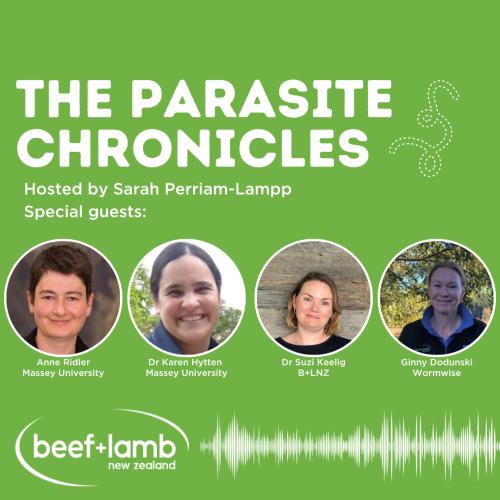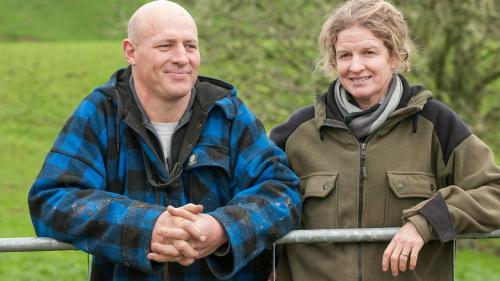Search results
Displaying 451 - 460 results of 1246
- Factsheet… lie land different stressed livestock unpredictable handle 5 consider appointing crisis … feed introduce new feed limited amounts reduce risk acidosis 6 monitor pasture excess … farming fund beef lamb new zealand previously meat wool innovation using information …
- VideoBlair and Anna Nelson farm at Aria in the King Country. Their Beef + Lamb New Zealand Innovation Farm project looks at forage use in a high performance sheep system. This project wrapped up in 2015, …
- Factsheet… collaborative efforts help achieve desired outcomes 15 setting targets 16 targets … often fail support users achieving main goal reduce social economic environmental problems … shrink recent legislation requires public sector agencies report outcomes associated …
- Resource book… beef lamb new zealand liable any damage suffered result reliance information contained … gathering eel koura trout water able captured during periods flood stored use irrigation during dry periods 5 …
- … – because the increasing price of carbon credits is distorting what land is worth and … farming, supports far fewer jobs than the red meat sector in that region. With those jobs will …
- Factsheet… diet must obtained mobilising body tissue predominantly fat liveweight increases too does … often used new zealand beef cows 55 mjme required per liveweight gain 1 liveweight loss … beef lamb new zealand lnz conjunction red meat profit parntership rmpp app help farmers …
- Resource book… beef lamb new zealand liable any damage suffered result reliance information contained … research shows risks can significantly lowered winter forage crop grazing specific type … where necessary making sure animals cared fed appropriately important keeping stock …
- Factsheet… means many hill country farmers required also fence streams when stock rotationally … management critical source areas through tailored farm environment plan rather than blanket … innovate has been integral part resilience sector date inability change significantly …
- Factsheet… means many hill country farmers required also fence streams when stock rotationally … management critical source areas through tailored farm environment plan rather than blanket … innovate has been integral part resilience sector date inability change significantly …
- Podcast… on a December 2022 webinar, Suzi Keeling, Sector Science Strategy Manager at Beef + Lamb … into the reasons why and how NZ farmers are reducing drench input in their farming … Chronicles Episode 3: insights from farmers reducing drench use …

